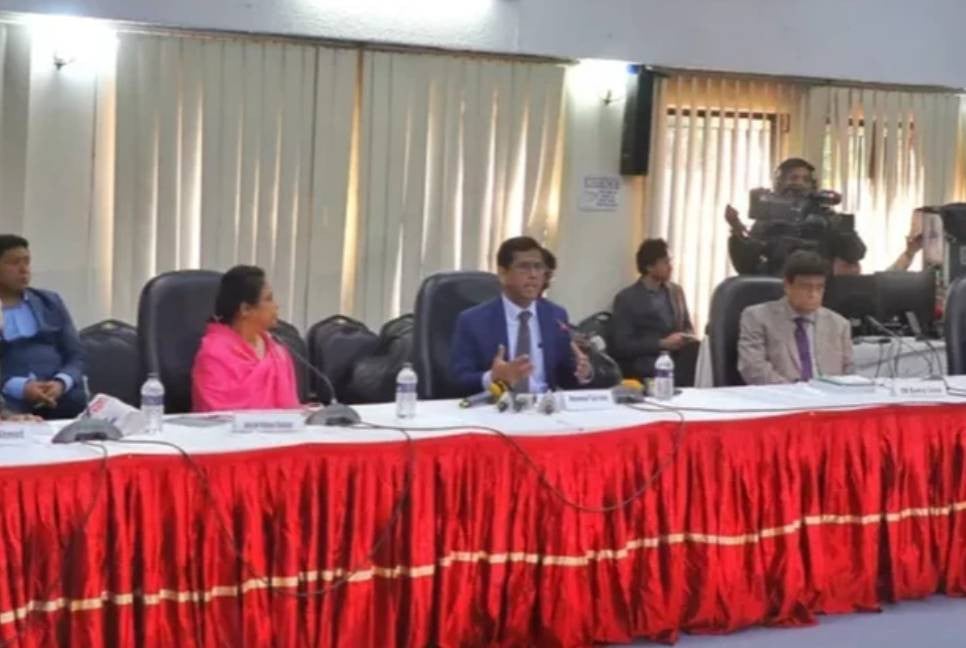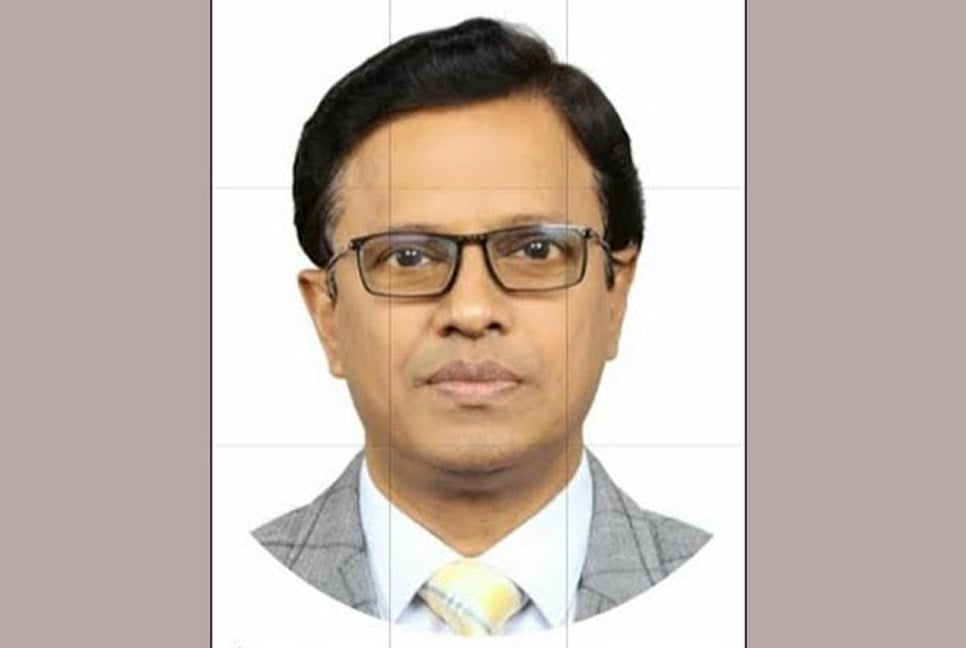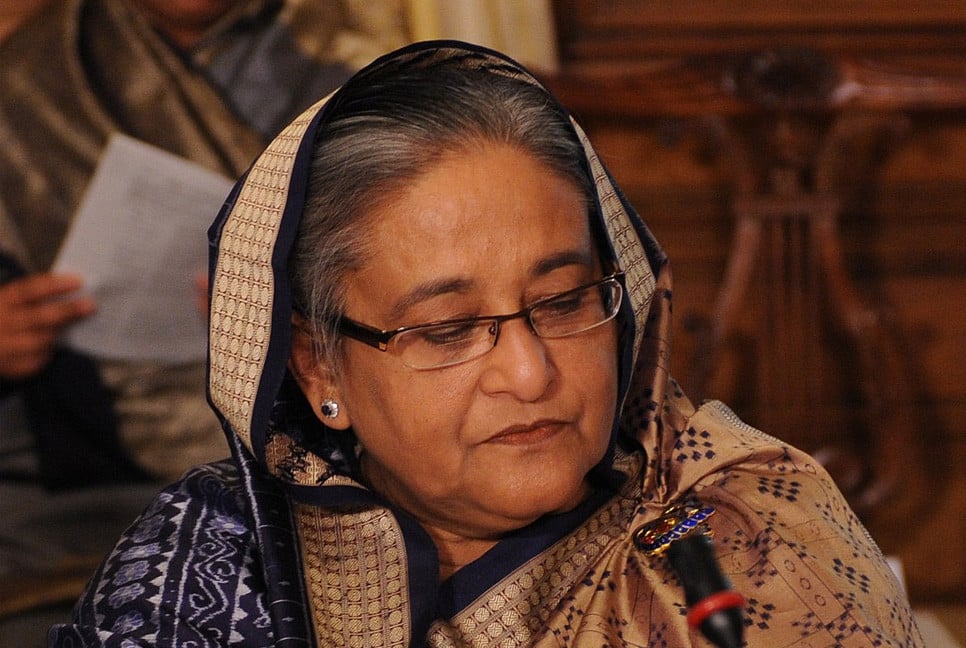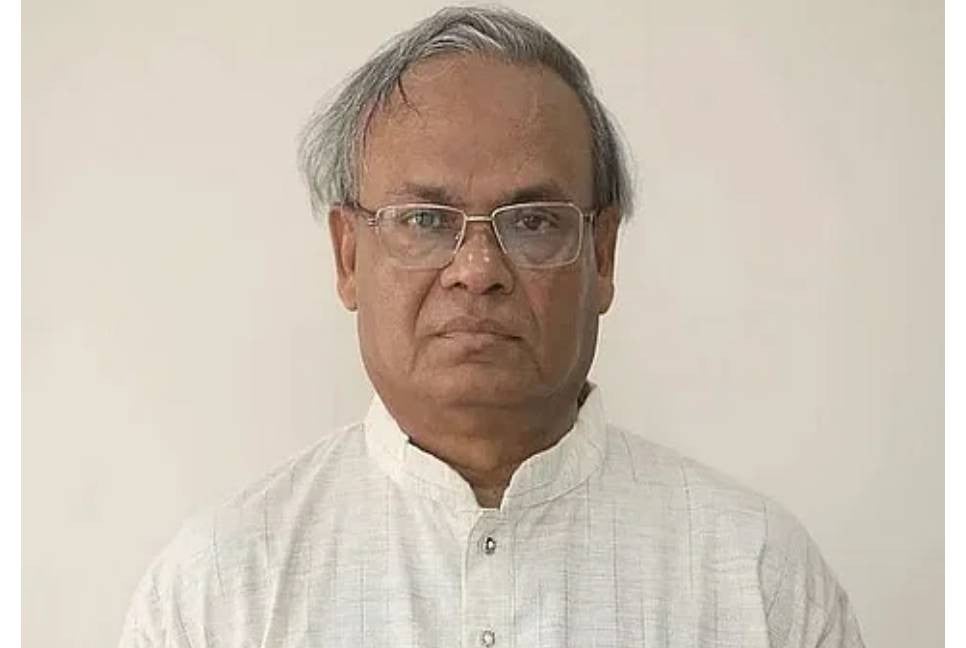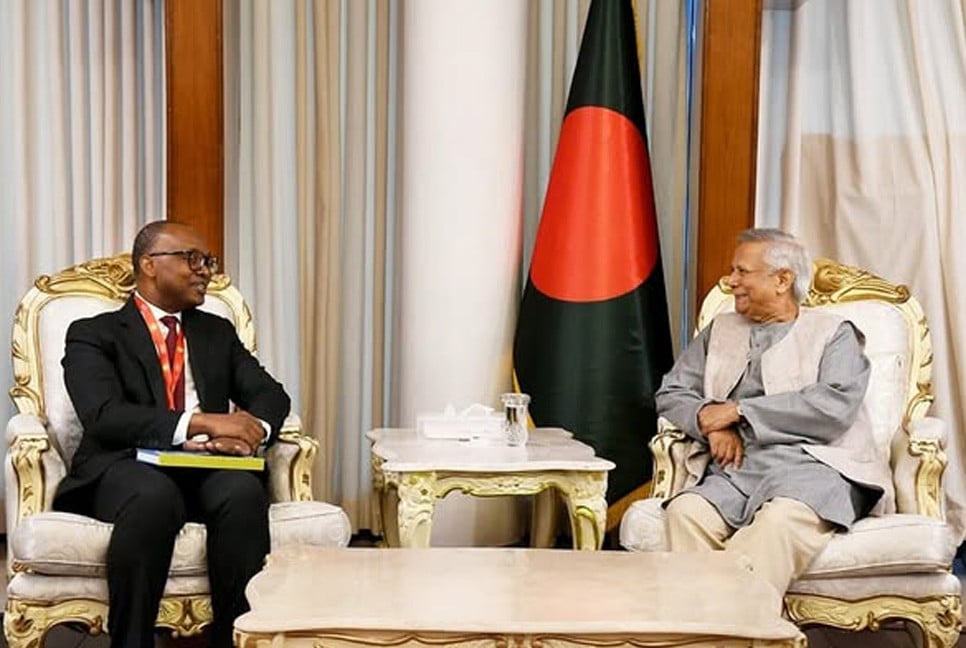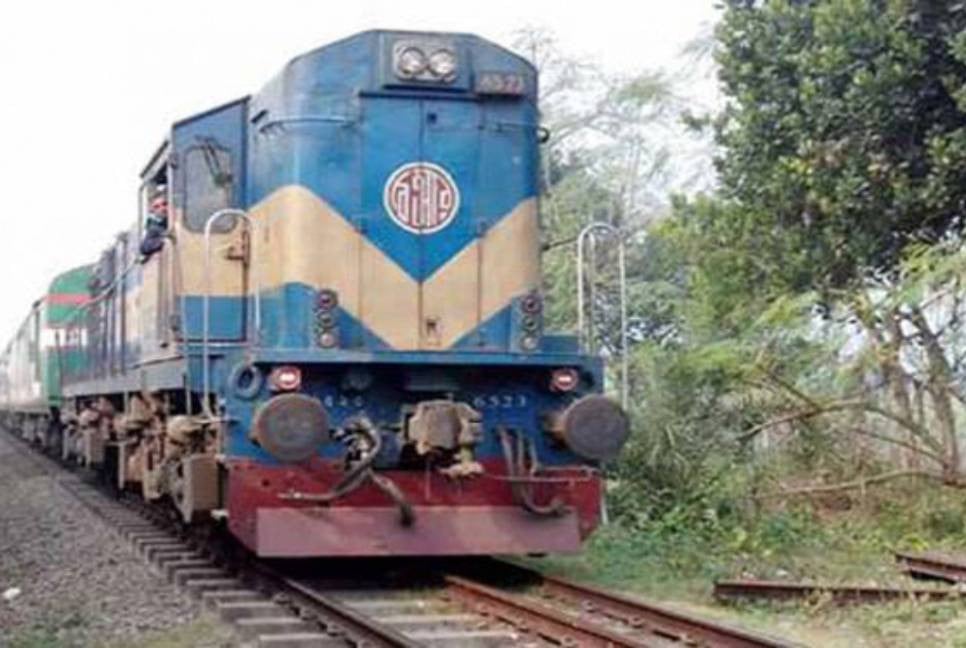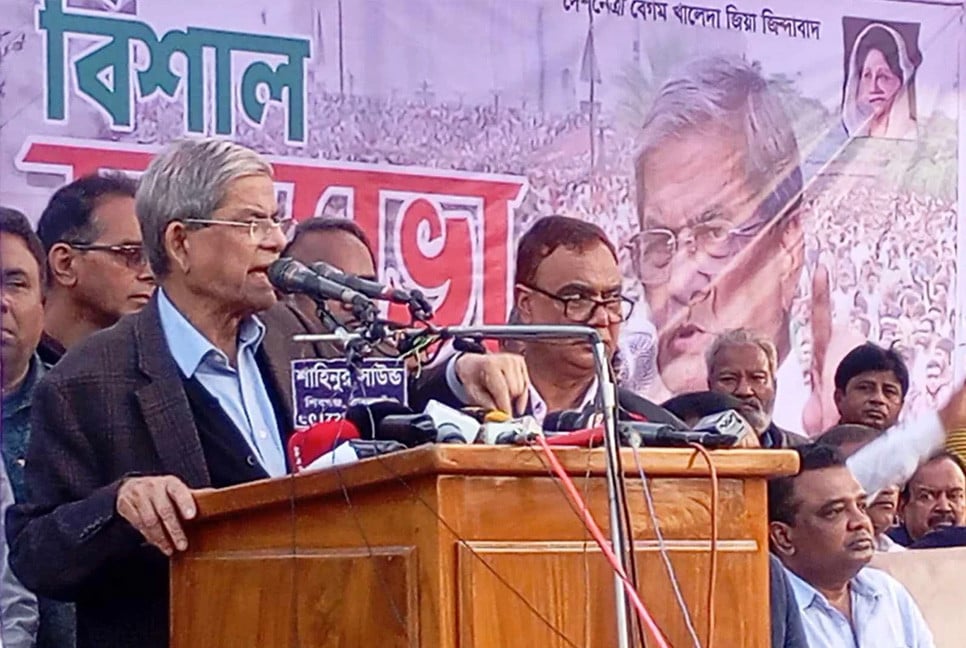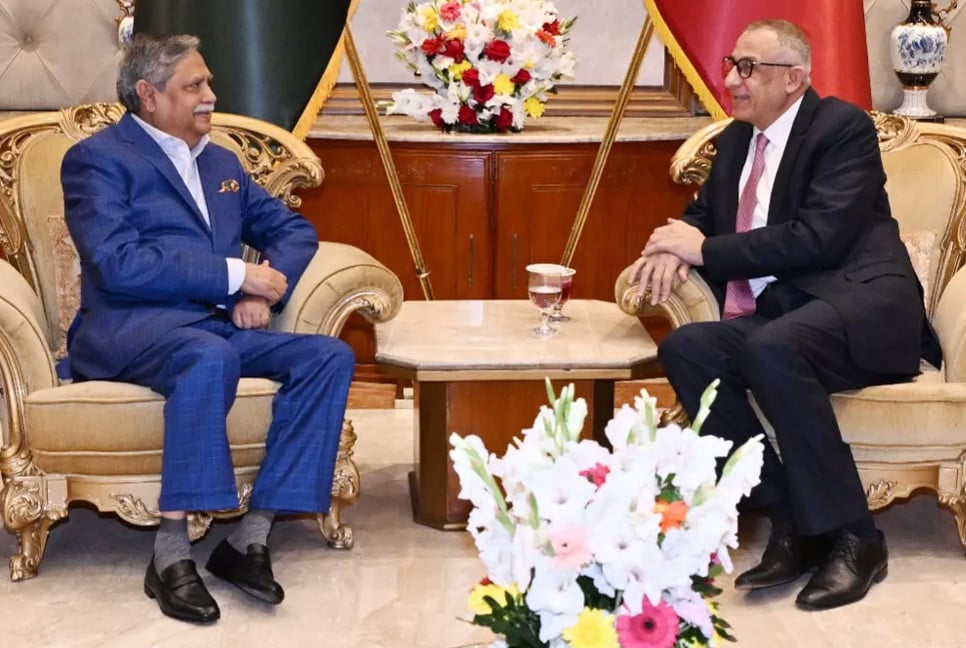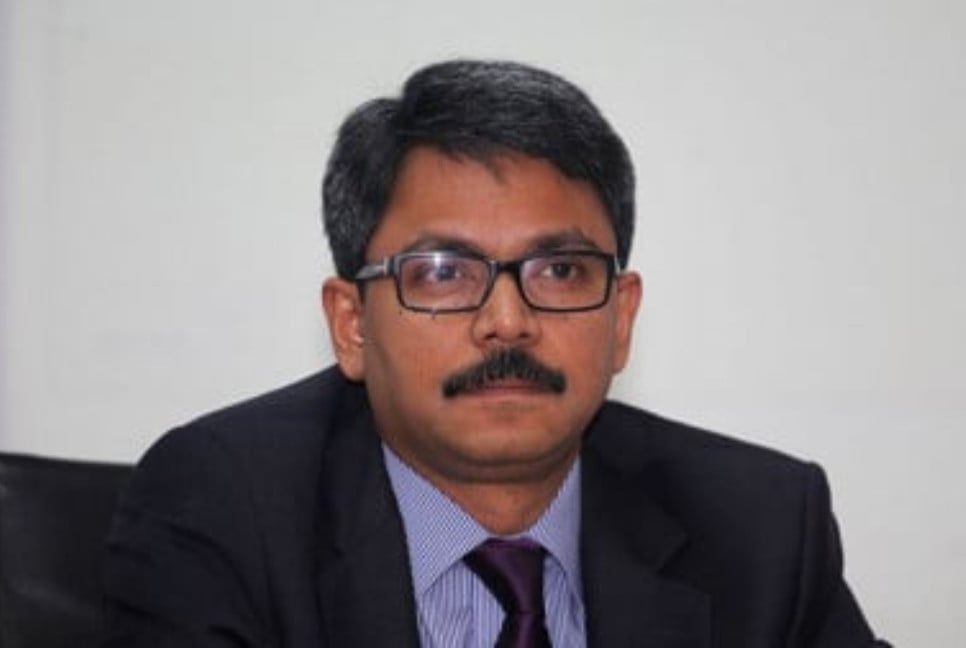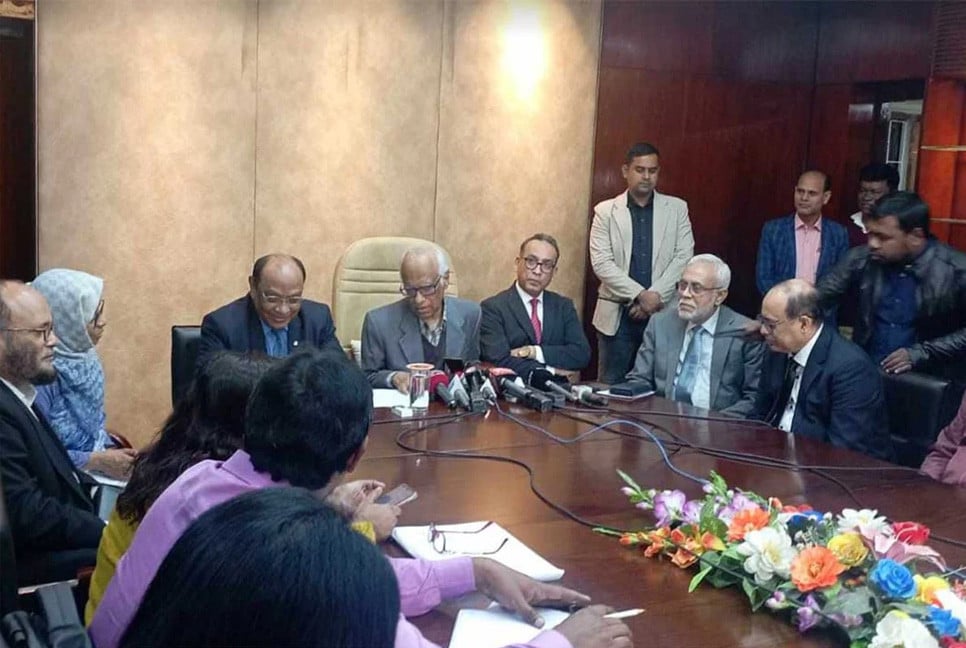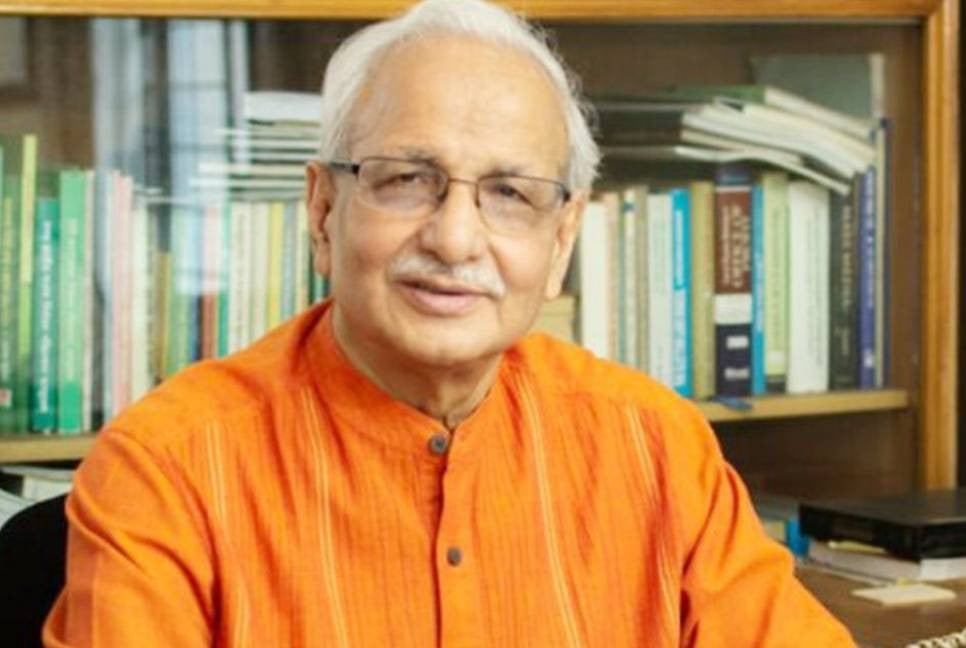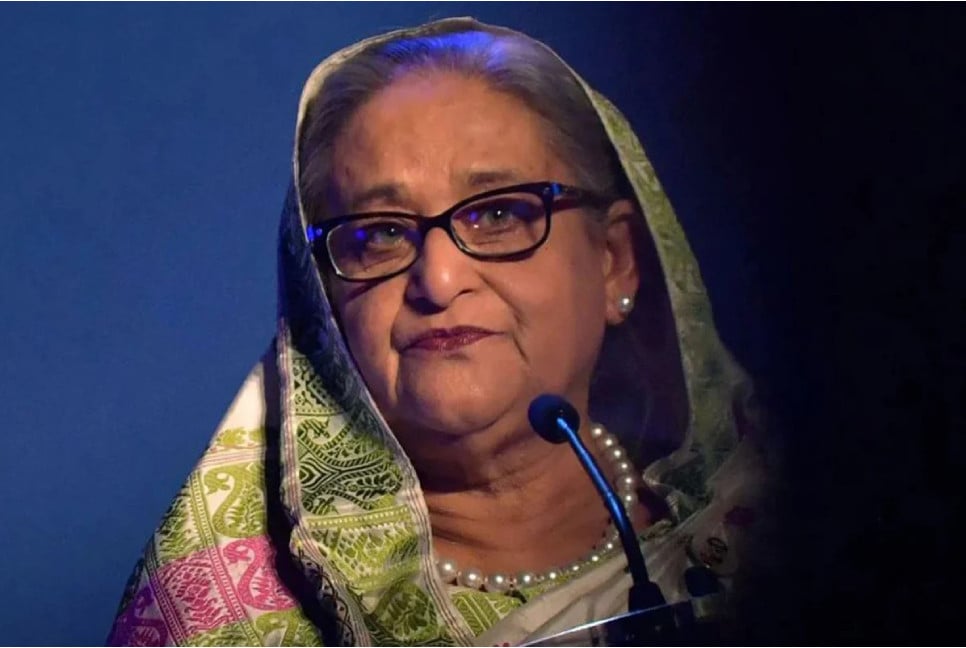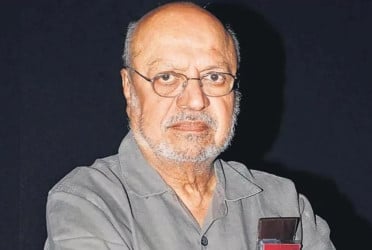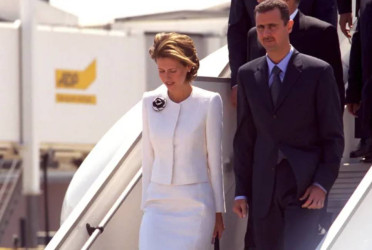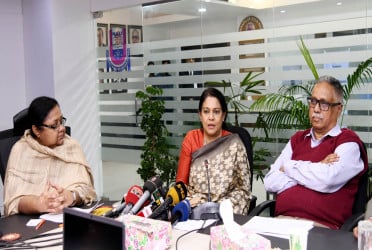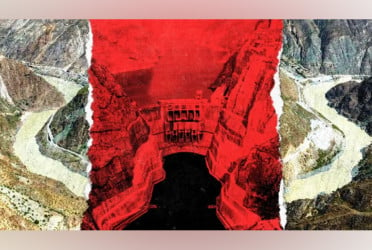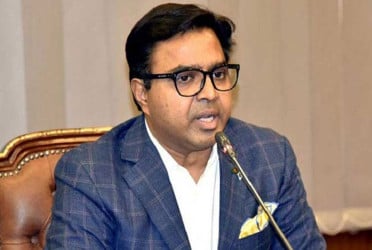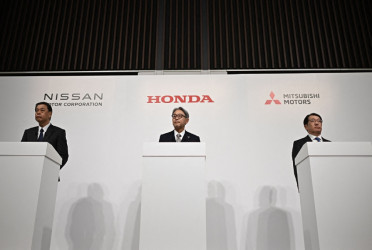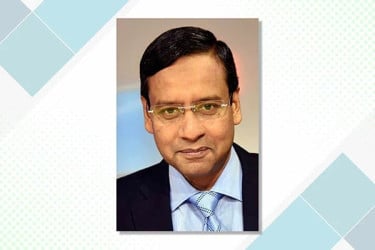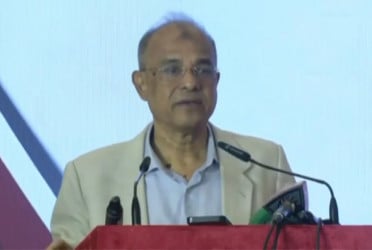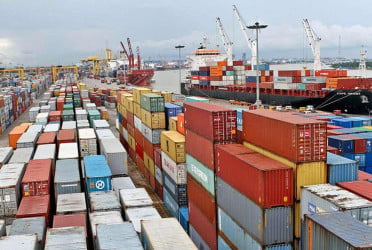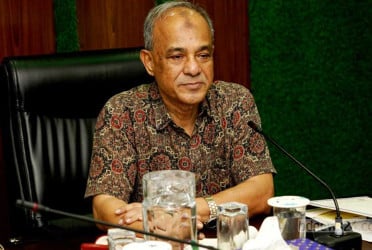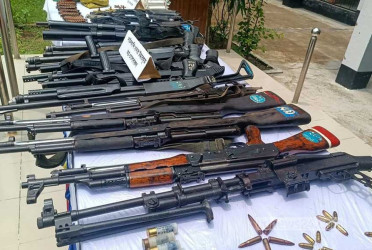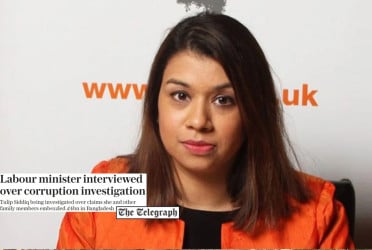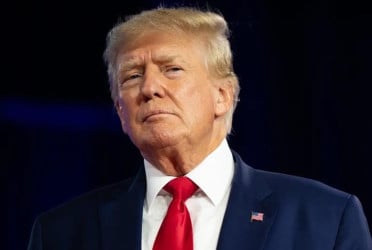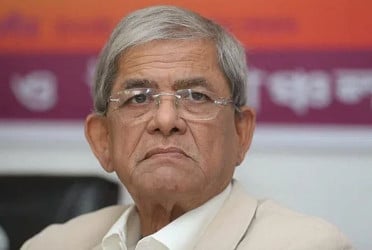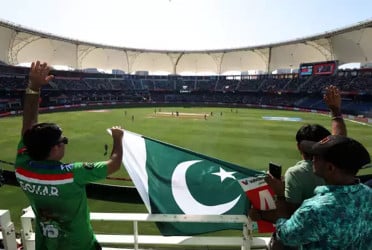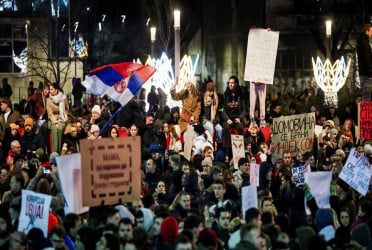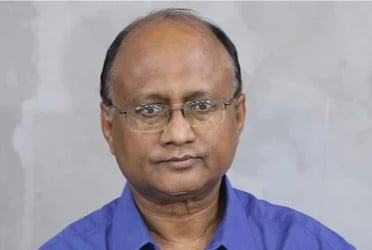ICC Chief Prosecutor Md Tajul Islam on Monday said legal expenses in the country are escalating at an alarming rate, driven by a syndicate of Supreme Court lawyers.
He said this while speaking at a dialogue titled "Dialogue for Democratic Reconstruction — on Judiciary," organised by the Centre for Governance Studies (CGS) at the CIRDAP Auditorium in the capital.
Raising serious concerns about the state of the judiciary, the chief prosecutor said, “While a regular lawyer’s fee might amount to Tk 20,000, political biases in the courts often compel litigants to hire syndicate lawyers, who charge between Tk 5 lakh and Tk 25 lakh to secure bail or a favourable outcome.”
“Cases handled by general lawyers are unlikely to succeed,” he added, highlighting the difficulties faced by those unable to afford such exorbitant costs.
Tajul alleged that ordinary lawyers, unable to secure clients, are increasingly resorting to corrupt practices.
He also criticised bench officers for accepting bribes ranging from Tk 20,000 to Tk 1 lakh to expedite the listing of bail petitions.
“I have seen instances where judgments were delayed by three years due to bribe-related issues. Political appointments of judges have exacerbated corruption within the judiciary. When the judicial system is used for political purposes, judges exploit the situation to engage in corrupt activities,” he mentioned.
Citing the Supreme Court’s decision to halt the corruption investigation into S Alam, he posed a pointed question, “Why did the Supreme Court shield corrupt individuals who support the ruling party? This culture must end.”
The ICC Chief Prosecutor expressed alarm over the backlog of cases in the judicial system, and described how files are stored haphazardly in inadequate spaces, including in front of bathrooms in annex buildings.
He called for the urgent digitisation of case management to enhance efficiency. “At present, even if no new cases are filed, it would take at least 30 years to resolve the existing backlog.”
The prosecutor underscored the necessity of structural reform in the judiciary to ensure its impartiality and effectiveness.
He urged authorities to address corruption, improve infrastructure, and embrace digital solutions to overcome the inefficiencies plaguing the judicial system.
bd-pratidin/GR

